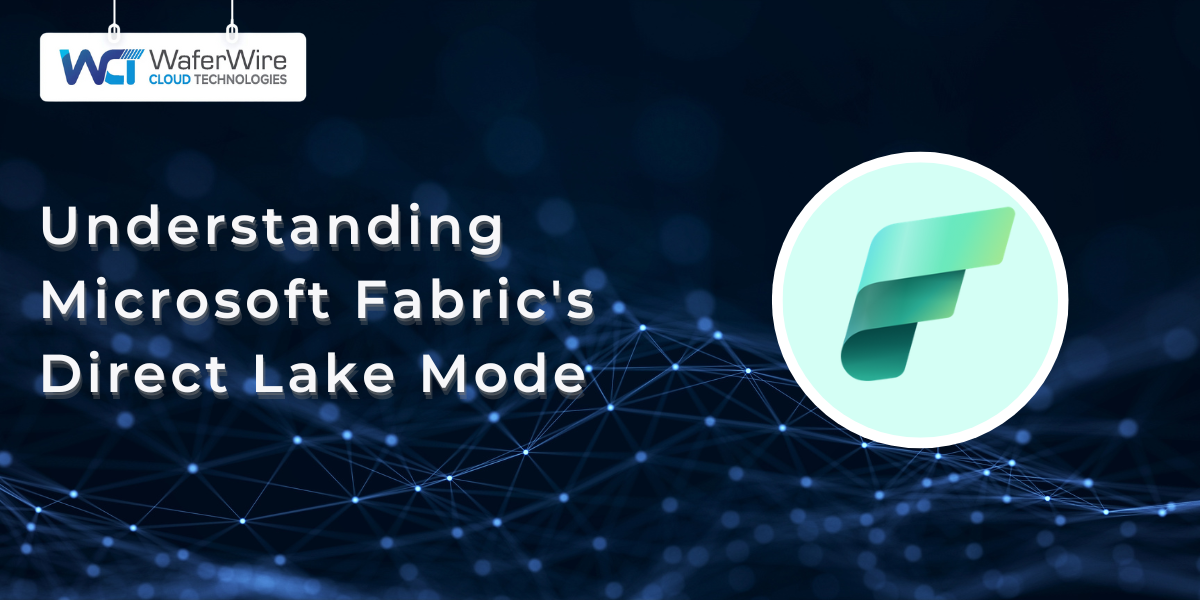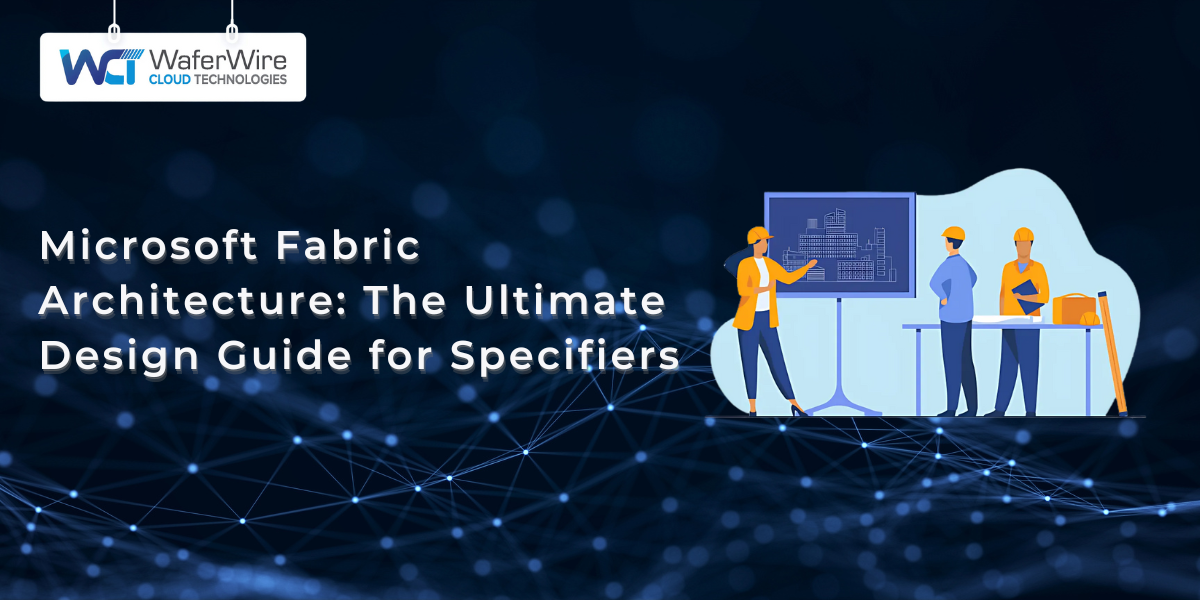
Microsoft Fabric Enterprise Support & SLA: What You Need to Know
Sai P
10th Oct 2025
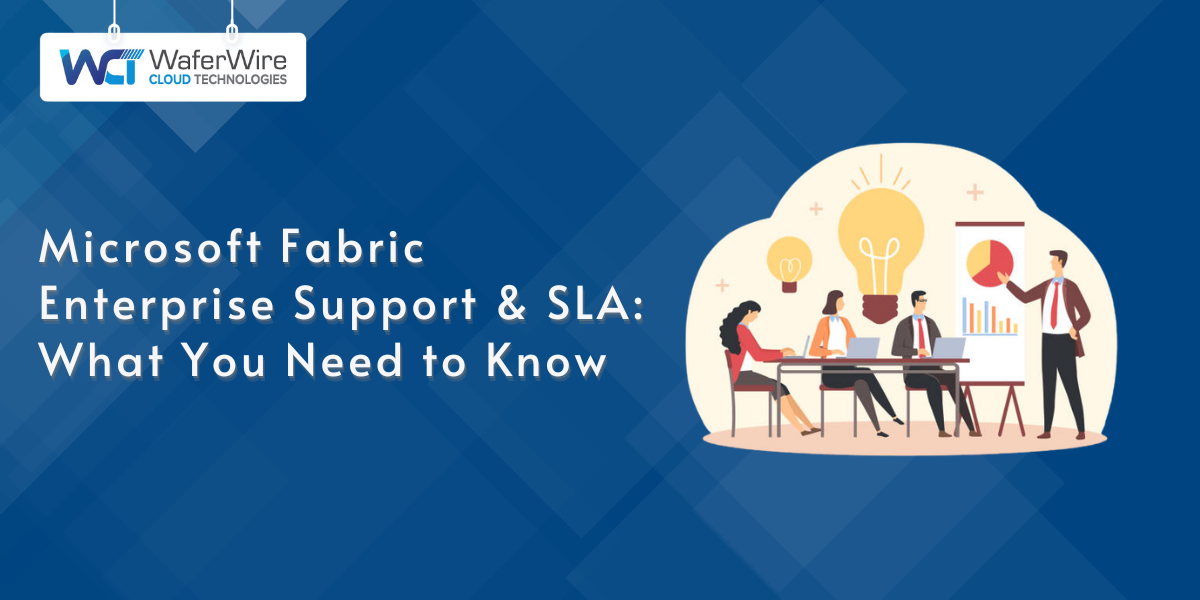
Talk to our cloud experts
Subject tags
In a world where data is synonymous with business success, managing and maintaining cloud infrastructure effectively is more challenging than ever. Microsoft Fabric offers a robust solution, but understanding its Enterprise Support and Service Level Agreements (SLAs) is key to ensuring businesses operate smoothly and efficiently.
This blog will explore the fundamentals of Microsoft Fabric Enterprise Support, including pricing, architectural guidance, and integration options, to provide a comprehensive understanding of what businesses need to ensure seamless operations.
Key Takeaways:
- Microsoft Fabric Enterprise Support offers tiered support plans—Basic, Professional Direct, and Premier—to cater to businesses of different sizes and needs.
- SLAs guarantee 99.9% uptime for core services and define response times, ensuring minimal downtime and rapid issue resolution.
- Pricing is flexible with pay-as-you-go, subscription-based, and reserved capacity models, offering cost savings for businesses with predictable usage.
- Certifications like Azure Fundamentals and Azure Solutions Architect Expert ensure your team has the necessary expertise to manage Microsoft Fabric efficiently.
- Architectural support helps businesses design, scale, and secure their cloud infrastructure, including hybrid and multi-cloud environments.
Understanding Microsoft Fabric Support
Microsoft Fabric offers a range of support options tailored to different business sizes and needs, ensuring that organizations receive the appropriate level of assistance to meet their operational demands.
1. Tiered Support
Each tier of Microsoft Fabric Enterprise Support is tailored to provide the right level of service based on business size and requirements. Here's a breakdown of the support tiers:
- Basic: Geared toward small businesses, this tier provides essential support, such as access to a knowledge base, community forums, and basic troubleshooting for routine issues.
- Professional Direct: For medium-sized businesses, this tier offers more in-depth assistance, including advanced troubleshooting, faster response times, and access to cloud specialists who can provide solutions for complex issues.
- Premier Support: Designed for large enterprises, this tier includes around-the-clock, priority support, with a dedicated support manager. It ensures that mission-critical systems have high availability and that issues are resolved with minimal downtime.
2. 24/7 Availability
Microsoft Fabric provides around-the-clock support to ensure business continuity and quick resolution of any issues that arise in critical environments.
3. Incident Management
Enterprise Support includes proactive incident management, including detailed analysis of root causes and resolutions for ongoing issues.
Now that we understand the support framework, let’s dive into the importance of SLAs and how they guarantee performance and support for your cloud workloads.
Service Level Agreement (SLA) for Microsoft Fabric
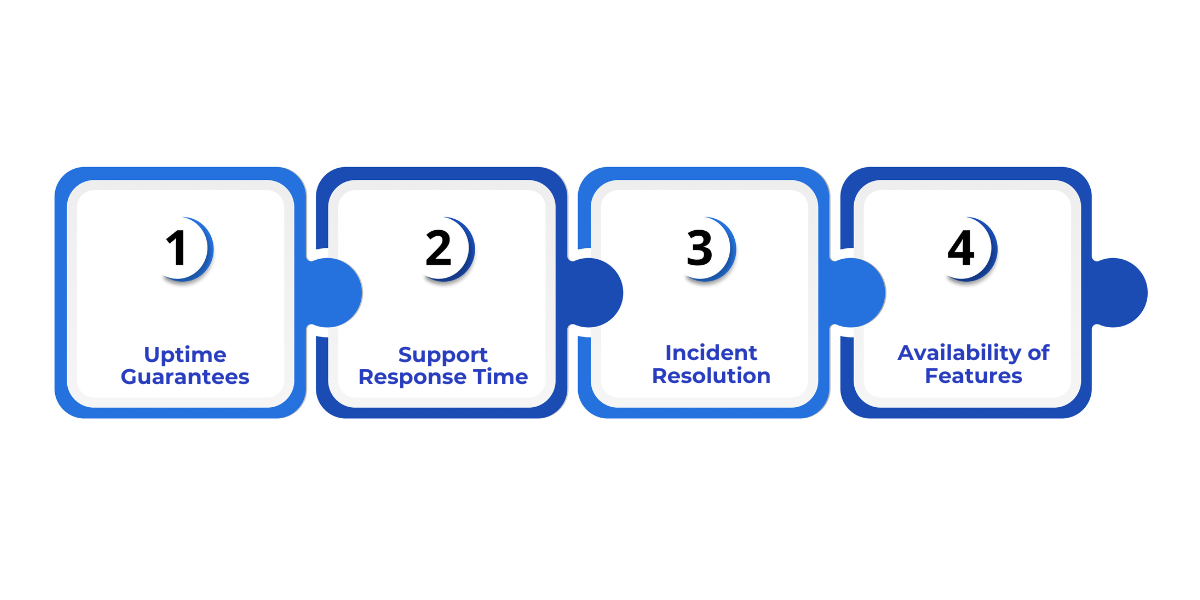
An SLA (Service Level Agreement) is essential for ensuring businesses get the expected performance, reliability, and availability from Microsoft Fabric.
It outlines the specific service guarantees provided by Microsoft, including response times, uptime percentages, and other service metrics that are crucial for business operations.
1. Uptime Guarantees
Microsoft provides SLAs guaranteeing 99.9% uptime for most core services within Microsoft Fabric, ensuring businesses experience minimal downtime during peak hours. This is particularly important for critical applications where uptime is vital.
2. Support Response Time
SLAs for Microsoft Fabric include defined response times for support requests, depending on the support plan. For example, Premier Support offers a 1-hour response time for critical issues, ensuring minimal disruption in business operations.
3. Incident Resolution
SLAs also detail the time frames within which Microsoft will resolve incidents based on their severity level. High-severity issues are given top priority, ensuring rapid issue resolution and maintaining the performance of cloud workloads.
4. Availability of Features
Microsoft Fabric’s SLA also includes the availability of specific features such as AI, data analytics, and compute resources.
These guarantees help ensure that businesses can depend on Microsoft Fabric to meet their operational needs, thereby minimizing the risks associated with service unavailability.
Once you understand the support and service guarantees, it’s time to explore the flexible pricing models that Microsoft Fabric offers, tailored to suit various business needs.
What is the Pricing and Cost Structure of Microsoft Fabric Platform

Microsoft Fabric's pricing is structured to cater to different organizational requirements, offering flexibility and potential cost savings.
1. Pay-As-You-Go
This model charges businesses based on actual resource consumption, making it ideal for smaller businesses or those with fluctuating workloads.
- Capacity Units (CUs): Pricing starts at $0.44 per CU per hour, with higher tiers offering more compute power.
- Storage Costs: Data storage in OneLake is billed at $0.024 per GB per month.
2. Subscription-Based
For enterprises with consistent resource needs, subscription models with predefined quotas provide better cost predictability.
- Monthly Subscription: Offers a fixed number of CUs per month.
- Benefits: Predictable costs and simplified budgeting.
3. Reserved Capacity
Reserved instances offer a discount in exchange for a long-term commitment, ideal for large organizations with predictable usage.
- Commitment Terms: Available in one-year or three-year terms.
- Flexibility: Ability to scale up or down within the reserved capacity.
4. Add-Ons and Additional Costs
Additional services like advanced analytics, AI integration, and premium support may incur extra charges.
- Advanced Analytics: Charges based on data processing and analysis.
- AI Integration: Costs associated with implementing AI models and services.
- Premium Support: Higher-tier support services come with additional fees.
Also Read: AI Revolution in Retail: From Service to Supply Chain
As you optimize your Microsoft Fabric environment, gaining the right certifications is key to ensuring your team is equipped with the necessary technical skills.
Grow Your Business: Most Popular Microsoft Certifications for Fabric Support

Microsoft offers a range of certifications to build technical expertise in Microsoft Fabric and its integration with Azure services.
These certifications are designed to help professionals develop the skills necessary to support enterprise-level applications and cloud environments effectively.
1. Microsoft Certified: Azure Fundamentals
This entry-level certification provides a basic understanding of Azure services, including Microsoft Fabric. It covers foundational concepts such as cloud computing, data storage, and networking, making it ideal for those new to cloud environments or Microsoft Fabric.
2. Microsoft Certified: Azure Solutions Architect Expert
This advanced certification is focused on designing and managing cloud architectures. It covers topics like system design, resource management, and security, with a particular emphasis on utilizing Microsoft Fabric.
It's tailored for professionals responsible for planning and implementing complex cloud solutions.
3. Specialized Certifications
They equip professionals with the skills to optimize Fabric implementations in complex, enterprise-level environments.
Also Read: Enterprise Resource Planning: Essential Guide 2025
With the right certifications and support, the next step is to focus on architectural support, ensuring your cloud infrastructure is designed for performance, security, and scalability.
Architectural Support in Microsoft Fabric
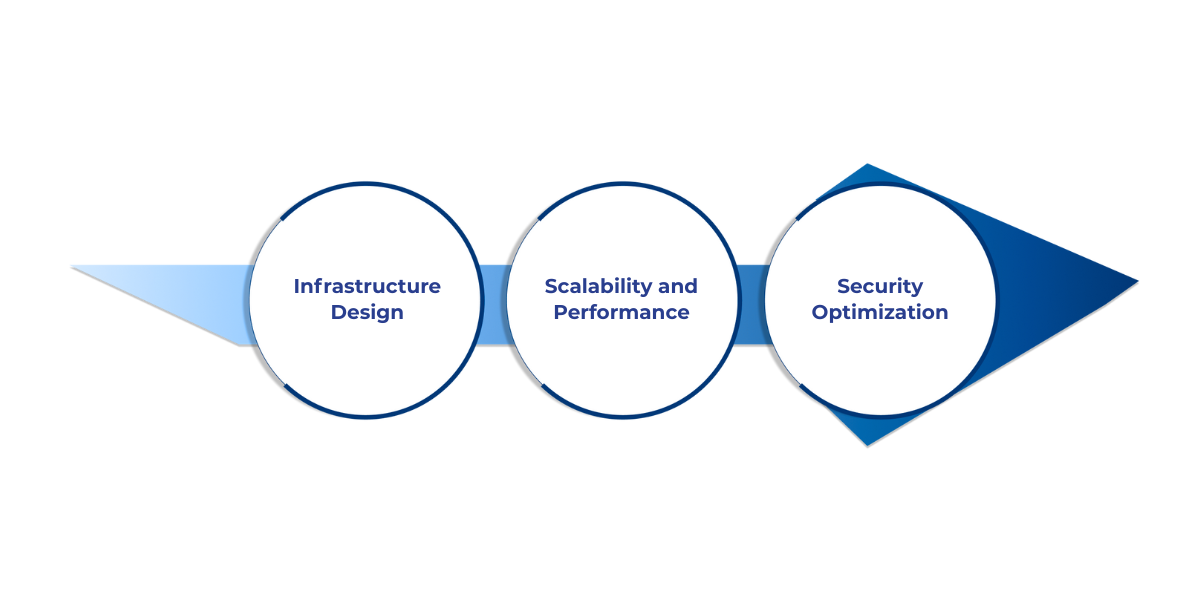
1. Infrastructure Design
Expert teams collaborate with businesses to design cloud infrastructures tailored to their specific needs, including support for hybrid and multi-cloud architectures.
This ensures the seamless integration of on-premises systems with cloud services, leveraging Microsoft Fabric’s native capabilities for hybrid workloads.
2. Scalability and Performance
Microsoft Fabric helps optimize resource allocation by using techniques such as auto-scaling, intelligent load balancing, and resource provisioning to handle varying workloads.
This ensures that businesses can scale efficiently without sacrificing performance or resource utilization.
3. Security Optimization
With a focus on best practices, support teams guide businesses in implementing comprehensive security measures, including encryption, identity and access management, and adherence to regulatory compliance standards like GDPR and HIPAA. This keeps sensitive data protected while maintaining the integrity of cloud operations.
Microsoft Fabric vs. Competitors: A Detailed Comparison
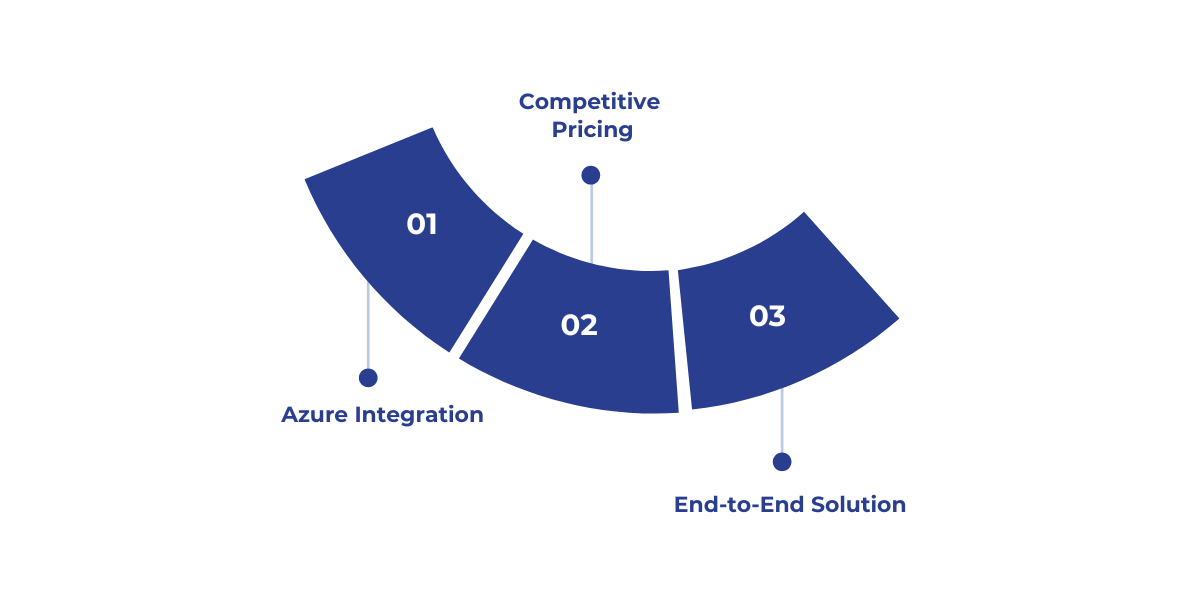
Microsoft Fabric stands out in the cloud service landscape due to its seamless integration with the broader Microsoft ecosystem, competitive pricing, and its comprehensive end-to-end solution. Here's how it compares with key competitors like AWS and Google Cloud:
1. Azure Integration: Seamless Ecosystem Connectivity
Microsoft Fabric is tightly integrated with Azure, offering businesses a unified cloud environment that streamlines data, applications, and infrastructure management.
- Unified Platform: Fabric's integration with Azure services enables organizations to connect data, applications, and infrastructure effortlessly, allowing for centralized management and enhanced data flow across the ecosystem.
- Data Lakehouse Architecture: Fabric uses OneLake for unified data storage, similar to Amazon S3 or Google Cloud Storage, facilitating seamless data management and access.
- Advanced Analytics: Using Azure's Machine Learning and Power BI, Fabric offers real-time analytics and AI capabilities without requiring additional external tools. This distinguishes it from competitors like AWS and Google Cloud, which often necessitate more complex integrations.
2. Competitive Pricing: Flexible and Predictable Cost Models
Microsoft Fabric offers flexible pricing structures, including pay-as-you-go and reserved capacity, making it cost-effective compared to AWS and Google Cloud.
3. End-to-End Solution: Comprehensive Service Offering
One of Microsoft Fabric’s key advantages is its ability to provide an all-in-one solution, from infrastructure management to advanced analytics.
- Full-Service Platform: Unlike AWS and Google Cloud, which may require additional third-party tools for analytics and AI, Fabric offers a fully integrated solution. It includes everything from infrastructure management to advanced analytics capabilities, reducing complexity and operational overhead.
- AI and Analytics Integration: Fabric natively integrates with AI services and analytics tools like Power BI, allowing businesses to perform complex data operations without relying on external applications.
- Unified Data Management: The platform combines data engineering, governance, and analytics, offering businesses a streamlined approach to managing their data lifecycle.
Once you’re confident in your architecture, integrating third-party tools and services through Microsoft Fabric APIs can further enhance the platform’s flexibility and functionality.
Microsoft Fabric APIs and Integration
Microsoft Fabric provides powerful APIs that enable businesses to integrate third-party applications and services, enhancing platform flexibility and functionality. Here’s a breakdown of key integration features:
Conclusion
Microsoft Fabric’s Enterprise Support and SLA are critical to ensuring that businesses achieve high performance, reliability, and uptime for their cloud workloads.
With tiered support options, 24/7 availability, and proactive incident management, Microsoft Fabric offers comprehensive assistance tailored to the needs of both small businesses and large enterprises. Coupled with clear SLAs, businesses can trust that their systems will remain operational and issues will be addressed swiftly.
Need Expert Assistance with Microsoft Fabric Support? At WaferWire, we specialize in helping businesses optimize their Microsoft Fabric environment, ensuring maximum uptime and performance.
Contact us today to learn how our Enterprise Support services can keep your cloud operations running smoothly.
FAQs
Q: What are the different levels of support offered by Microsoft Fabric?
A: Microsoft Fabric offers three support tiers: Basic, Professional Direct, and Premier. Basic is for small businesses with essential needs, while Professional Direct and Premier offer more in-depth support for medium and large enterprises, respectively.
Q: How does Microsoft Fabric's SLA ensure minimal downtime?
A: Microsoft Fabric’s SLA guarantees 99.9% uptime for core services, ensuring high availability. SLAs also include clear response times and incident resolution timelines based on issue severity.
Q: Can I save costs with Microsoft Fabric if I have consistent usage?
A: Yes, Microsoft Fabric offers a Reserved Capacity model that provides discounts for long-term usage. This is ideal for businesses with predictable workloads and helps reduce overall costs.
Q: What certifications should I pursue to manage Microsoft Fabric effectively?
A: Microsoft offers certifications like Azure Fundamentals for beginners and Azure Solutions Architect Expert for more advanced roles. These certifications equip professionals with the knowledge to manage and optimize Microsoft Fabric environments.
Q: How does architectural support in Microsoft Fabric enhance security?
A: Architectural support in Microsoft Fabric ensures that security best practices, such as encryption, identity and access management, and compliance with regulations like GDPR and HIPAA, are integrated into the cloud infrastructure design.
Subscribe to Our Newsletter
Get instant updates in your email without missing any news
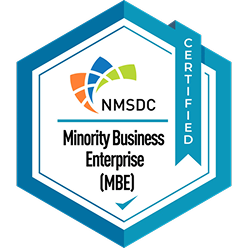
Copyright © 2025 WaferWire Cloud Technologies




.png)









